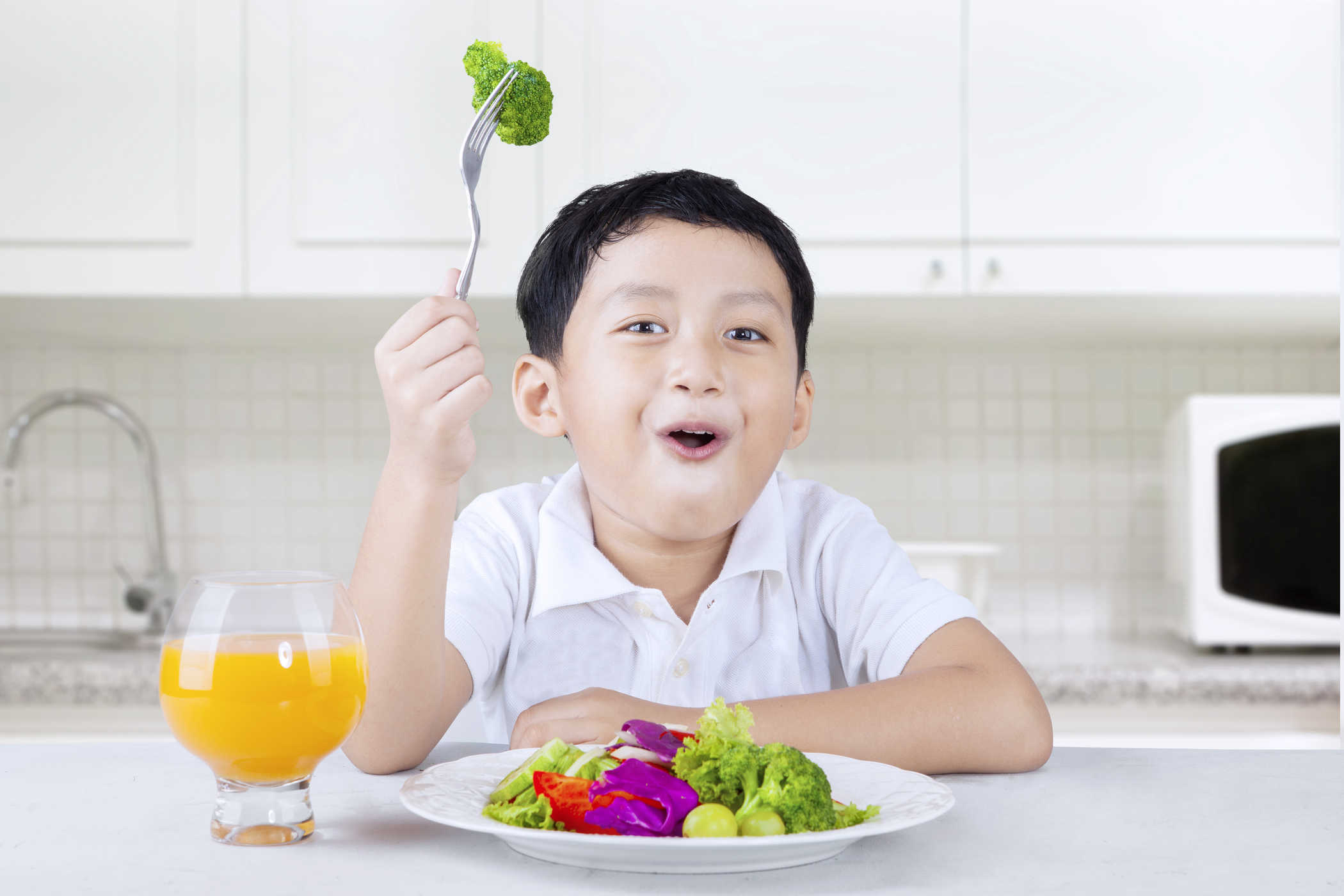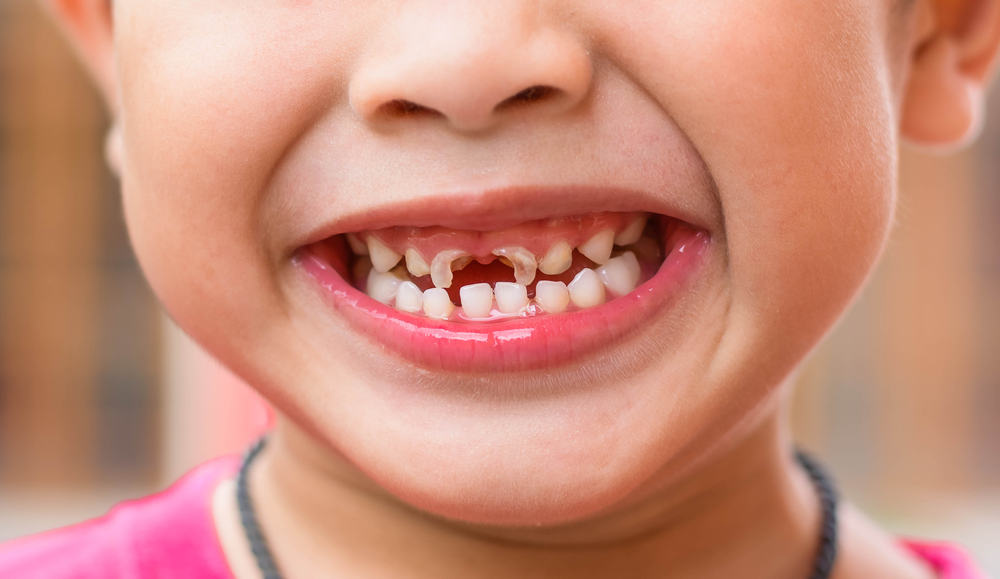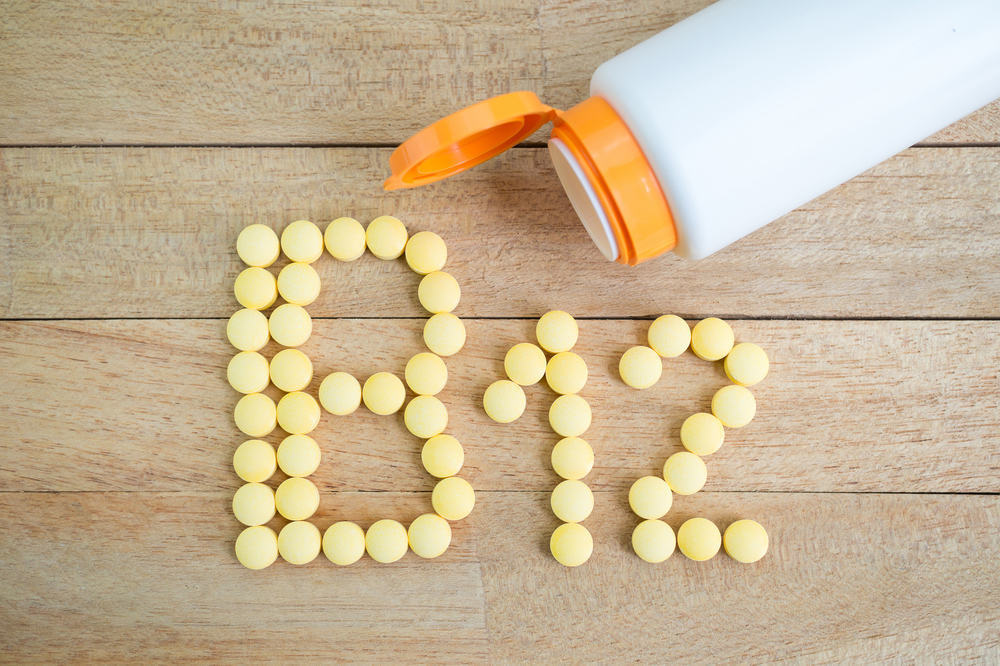Contents:
- Medical Video: The Care of Chronic Kidney Disease at Lurie Children's
- Does my child need to go on a special diet?
- What dietary changes are needed before dialysis?
- What kind of diet should be followed by peritoneal dialysis?
- What restrictions are needed for hemodialysis?
- What happens after a kidney transplant?
Medical Video: The Care of Chronic Kidney Disease at Lurie Children's
Poor growth and weight are the two main problems for children with kidney failure, so diet is usually not limited unless needed. Children grow fast usually in the first two years of life. Therefore, the occurrence of kidney failure at an early age is likely to affect the growth of the child. The purpose of giving food intake to children with kidney failure is to increase normal growth and protect their health as best they can. When the kidneys do not work properly, they cannot remove waste from food debris. Doctors and nutritionists will monitor progress if signs of mass occur and suggest a diet if needed.
Does my child need to go on a special diet?
A diet must meet your child's nutritional needs. Your nutritionist has been trained to help make a list of foods that can meet your child's needs. The nutritionist will provide personal counseling and advice, which takes into account your favorite and disliked foods. Your child's diet may need to be changed depending on:
- how well your kidneys work
- if your child is on dialysis and his type of dialysis (hemodialysis, or peritoneal dialysis)
- if your child has a kidney transplant
Your nutritionist will help you and your child understand the reasons for changes needed and how to make those changes. It is important to work with your child's nutritionist. Because your child's appetite may experience changes during this period of kidney failure, it is important to remember that understanding and patience provide the best opportunity to achieve success in providing nutritional intake.
The nutrients that are often affected by kidney disease are:
- sodium potassium
- Phosphor protein
- calories fluid
Balancing these nutrients in a healthy diet can be confusing at first. Not all nutrients require changes at once. When kidney function decreases, eating patterns may need to be changed further.
What dietary changes are needed before dialysis?
Before dialysis, some dietary changes may be needed. Phosphorus is usually limited at this time, which means reducing the intake of dairy products. Often your child's appetite may begin to decline, so it's important to encourage your child to eat. Babies may need special formulas to increase calories. Sometimes the amount of fluid that your child has may be limited.
Regardless of your best efforts to help your child meet his nutritional needs within dietary limits, it may be necessary to start additional enteral feeding or "tube administration" to help your child with chronic kidney disease grow and gain weight properly. Don't be discouraged if this happens to your child; that does not mean you are a "bad" parent or cannot provide the right diet for your child. Sometimes it's very difficult for children with chronic kidney disease to find enough food that is allowed to be eaten and that your child likes.
Often, when feeding through a tube begins, some conflicts that may occur between parents and children related to the diet decrease. With decreased kidney function when starting dialysis, nausea and vomiting may be common. Talk about this with your doctor and nutritionist when your child is examined at the clinic.
Even though your child may find adequate nutritional needs, it is not uncommon for children with chronic kidney disease to be much smaller than other children of the same age. Therefore, it is sometimes necessary to consider the use of growth hormones to optimize your child's growth. This requires daily or weekly injections to stimulate increased growth. Talk to your pediatrician and / or kidney nutritionist about any concerns you might have about your child's height.
Before starting dialysis, your child with kidney disease may also need additional iron and erythropoietin (EPO) to treat anemia which is often seen in patients with chronic kidney disease. When children suffer from anemia and have "low blood counts," this can affect energy levels and appetite. It is important to treat anemia, so your child will have more appetite.
What kind of diet should be followed by peritoneal dialysis?
With peritoneal dialysis, your child needs to eat more protein and limit some high-phosphorus foods. Because most foods high in protein (milk and meat products) are also high in phosphorus, your nutritionist will help in choosing foods that can be consumed. Usually, there is no need to limit potassium, sodium or liquid. A special vitamin supplement is needed for people on dialysis. Baby formula may need to have extra protein or calories added to it.
Children on peritoneal dialysis may not have a good appetite. Excess fluid in the stomach can make them feel full. Your nutritionist might recommend high protein, high calorie supplements and regular snacks.
What restrictions are needed for hemodialysis?
The following are usually restrictions on hemodialysis:
- sodium (canned food, processed and packaged and salt)
- potassium (found in many vegetables and fruits)
- liquid (something that is liquid at room temperature)
- phosphorus (found in dairy and meat products)
Protein may also be limited, depending on your child's appetite. It is important for your child to take in enough, but not too much protein in his diet. Your nutritionist will tell you what your child should eat based on laboratory needs and values. A special vitamin supplement made for dialysis patients will be needed. Your child's appetite may be different. Regular meals and snacks are needed so that your child will eat enough calories.
What happens after a kidney transplant?
In the first few weeks after transplantation, you may notice that your child feels better and his appetite increases. If the new kidney works well, a healthy and balanced diet by "not adding salt" (salt not added to cooking or at the table and avoiding very salty foods such as chips, pickles, canned soup, etc.) will help. With a successful transplant, your child's diet will return to normal. Additional calories and / or protein are usually not needed.
Your baby will be given regular formula milk. It is not strange for children with new kidneys to experience excessive weight gain, sometimes due to drugs and also a less strict diet and increased appetite. It is important to encourage your child to be physically active (check with your pediatrician about abstinence in exercise) and to choose a healthy diet. If dialysis is still needed after transplantation, your child may need to go back to their previous diet.
Because proper growth and weight must be monitored after successful transplantation, your nutritionist will continue to play an important role in the ongoing medical care of your child.












